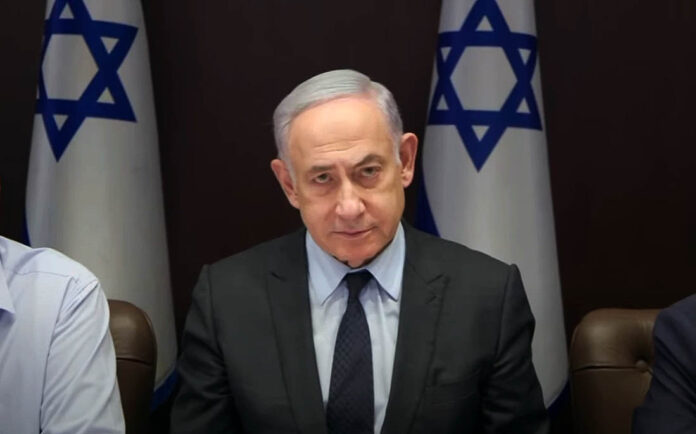Josep Borrell, the outgoing EU High Representative for Foreign Affairs and Security Policy, has called upon all European Union member states to honor the arrest warrant issued by the International Criminal Court (ICC) for Israeli Prime Minister Benjamin Netanyahu. This statement comes in the wake of the ICC’s decision to issue arrest warrants for Netanyahu and former Defense Minister Yoav Gallant over alleged war crimes and crimes against humanity in Gaza.
Borrell emphasized the obligation of EU countries to respect and implement decisions made by international judicial bodies like the ICC, underlining that such actions are crucial for upholding global justice. “The ICC’s decision to issue arrest warrants is binding on all members of the court,” Borrell stated during a press briefing. “It has to be respected and implemented by all EU member states.”
The call to action has sparked a variety of responses across the EU:
- France and Italy have expressed reservations about the practical application of such a warrant. French officials have indicated that Netanyahu might be protected by diplomatic immunity if he visits France, showcasing a potential conflict between international law and state sovereignty. Similarly, Italy has highlighted logistical and political complexities in enforcing the ICC’s decision.
- Despite these concerns, Borrell defended the ICC’s role, stressing its impartiality and the necessity of its function in the international legal framework. “The ICC is not swayed by political agendas; it is an institution dedicated to justice,” he argued, urging member states to align national policies with international obligations.
This development follows the ICC’s issuance of warrants against Netanyahu and Gallant, which has been met with international scrutiny. The warrants are for alleged crimes committed during the ongoing conflict in Gaza, with the court finding reasonable grounds to believe that both Israeli officials were criminally responsible for acts including murder, persecution, and starvation as a method of warfare.
The situation places EU countries in a challenging position, balancing their commitments to international law with their diplomatic relations with Israel, a key ally. Borrell’s directive aims to reinforce the EU’s stance on international law, potentially impacting future diplomatic engagements within and outside the European bloc.
As discussions continue, the EU’s response to this ICC decision will likely set a precedent for how international law intersects with national and regional politics, especially concerning high-profile figures and ongoing conflicts.



